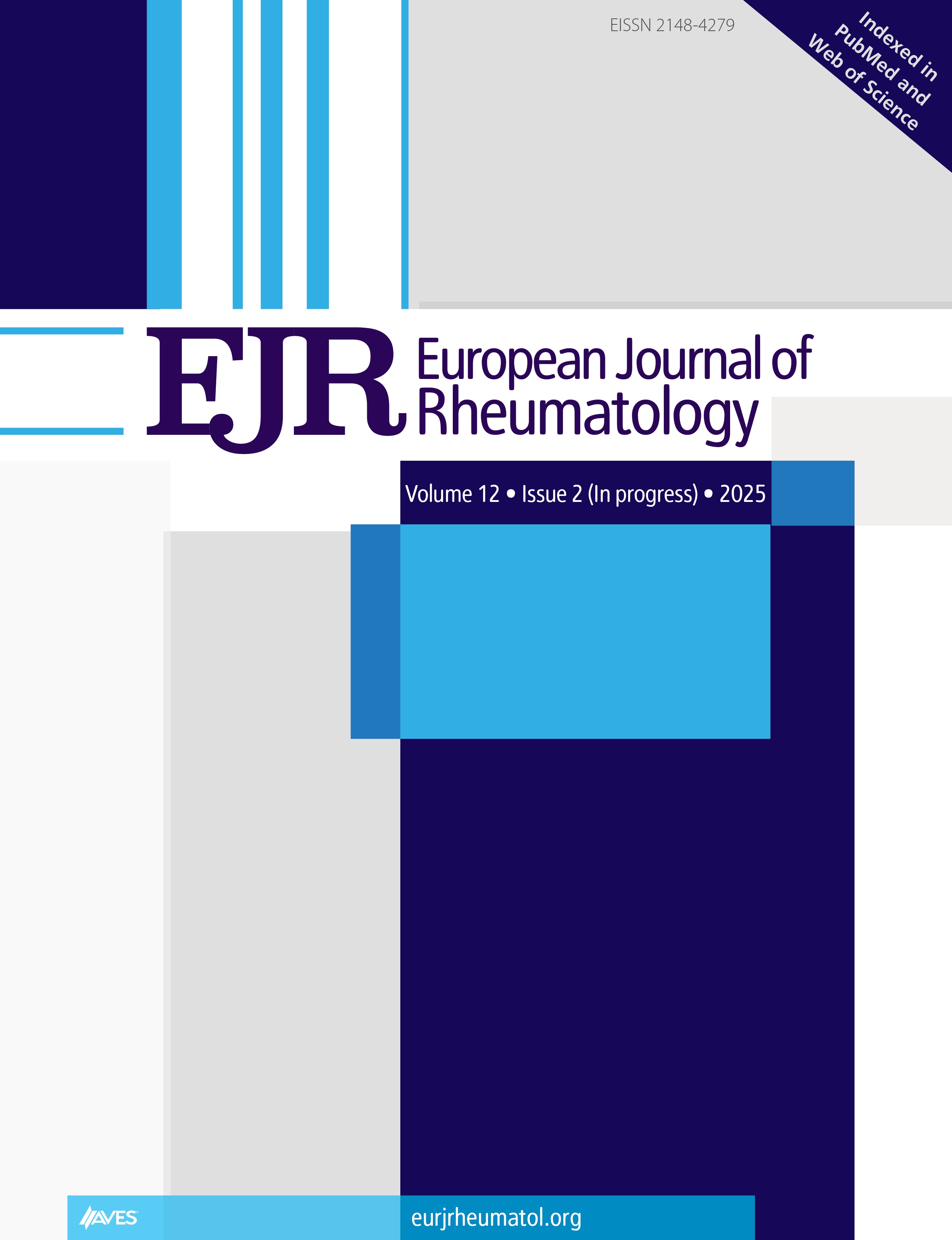Objective: Rheumatoid arthritis (RA) is associated with depression in approximately 15% of patients, most of whom have been studied using questionnaires. As the depression questionnaire includes questions about physical symptoms, caution should be exercised when interpreting the results due to an underlying disease. In addition, few studies have been conducted on other psychiatric disorders. Here, we examined the validity of diagnosing rheumatoid arthritis complicated by psychiatric disorders using a questionnaire.
Methods: Forty-nine outpatients with RA who consented to participate in this study were included. The patient background information included age, sex, type of anti-rheumatic drug, prednisolone use, presence of diabetes, hypertension, dyslipidemia, and C-reactive protein. The Patient Health Questionnaire-9 (PHQ-9) and Center for Epidemiologic Studies Depression Scale (CES-D) questionnaires were used; scores of ≥10 on the PHQ-9 and ≥16 on the CES-D were considered the cut-off. The psychiatrist was blinded to the questionnaire results and arrived at a diagnosis based on the Diagnostic and Statistical Manual of Mental Disorders-IV (DSM) in a separate room. Additionally, the specificity and sensitivity of the PHQ-9 and CES-D were examined.
Results: Eleven patients had abnormal psychiatric diagnoses. The PHQ-9 had a specificity of 0.98, a sensitivity of 0.36, a positive predictive value of 0.80, and a negative predictive value of 0.89. The CES-D had a specificity of 0.87, a sensitivity of 0.91, a positive predictive value of 0.51, and a negative predictive value of 0.98.
Conclusion: The PHQ-9 and CES-D may help screen for psychiatric disorders associated with RA.
Cite this article as: Yusuke M, Hiroi T, Yuko M. Diagnosis of mental disorders complicated by rheumatoid arthritis: A study of the validity of a questionnaire method and diagnosis by the psychiatrist. Eur J Rheumatol. 2024;11(4):405-409.



.png)